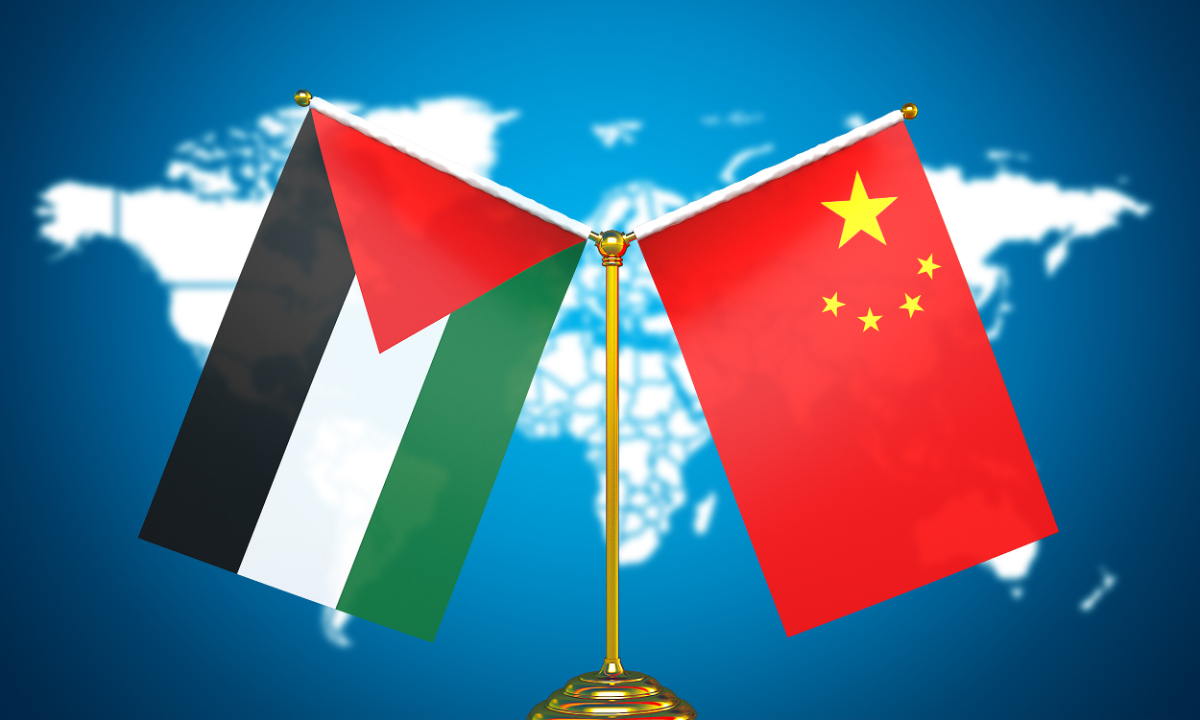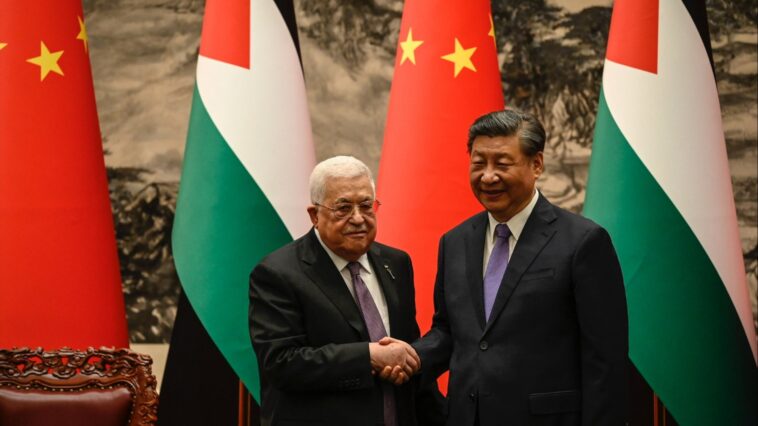New Delhi: In an effort to demonstrate its diplomatic prowess, China has recently begun mediating the decades-long Palestine-Israel conflict. China, building on its success in mediating a peace agreement between Saudi Arabia and Iran, now aims to reduce tensions and promote stability in the Middle East by actively pursuing a solution to the Palestinian issue.

China’s involvement in the issue was highlighted in an article published by the Global Times, a Chinese government-affiliated news outlet. The publication urged the international community to refocus on the Palestinian issue, emphasizing the collective responsibility to assist the Middle East in achieving peace and stability.
Seven persons were injured in a recent Palestinian suicide attack in Tel Aviv, carried out by a 20-year-old Palestinian, which highlights the urgency of mediation. Hamas, a Palestinian political organization, described the assault as a “first response to Israeli crimes against Jenin residents.” This incident and a succession of events that have escalated have increased the need for external intervention to de-escalate tensions.
Significantly, China’s attempt to mediate follows Israel’s extensive operation in Jenin involving drones and helicopters, which resulted in the largest assault in the northern West Bank in more than two decades.
The operation resulted in the death of at least ten Palestinians, the injury of eighty others, and the flight of thousands from the affected refugee camp. In response, Palestine severed all contacts, meetings, and security coordination with the Israeli government, vehemently condemning its brutal West Bank raids.
During a June 27 meeting of the UN Security Council, the Permanent Representative of China to the United Nations, Zhang Jun, emphasized the significance of breaking the cycle of violence between Israelis and Palestinians.
He emphasized the importance of upholding international law, halting unilateral actions that alter the status quo, honoring political commitments, and advancing the two-state solution. Zhang Jun’s comments demonstrate China’s desire to play a significant role as a regional arbitrator.
The expanding role of China in mediating conflicts is not limited to the Palestine-Israel conflict. The recent success in facilitating the resumption of diplomatic relations between Saudi Arabia and Iran has emboldened China to pursue additional diplomatic efforts as a mediator in international disputes involving Gulf states and beyond.
In June, President Mahmoud Abbas of the State of Palestine visited China, where President Xi Jinping proposed a three-point settlement for the Palestinian issue. President Xi emphasized the urgency of addressing the unresolved issue, which has caused the Palestinian people significant distress for decades.
The visit of Israeli Prime Minister Benjamin Netanyahu to China, scheduled for later this month, is anticipated by Chinese leaders. Although the trip has not yet been officially confirmed, experts and academics believe that Netanyahu’s visit could be instrumental in advancing a peaceful resolution to the Palestine-Israel conflict.
ALSO READ :Jaishankar to Embark on a Four-Day Visit to Tanzania Today
According to some experts, Netanyahu’s decision to engage with China reflects Israel’s desire to remind the United States that other diplomatic options exist.
China seeks to facilitate the resumption of diplomatic relations between Saudi Arabia and Israel in addition to mediating the Palestinian-Israeli conflict.
Western nations, and the United States in particular, have yet to determine how they will respond to China’s newfound willingness to mediate in complex international issues.




